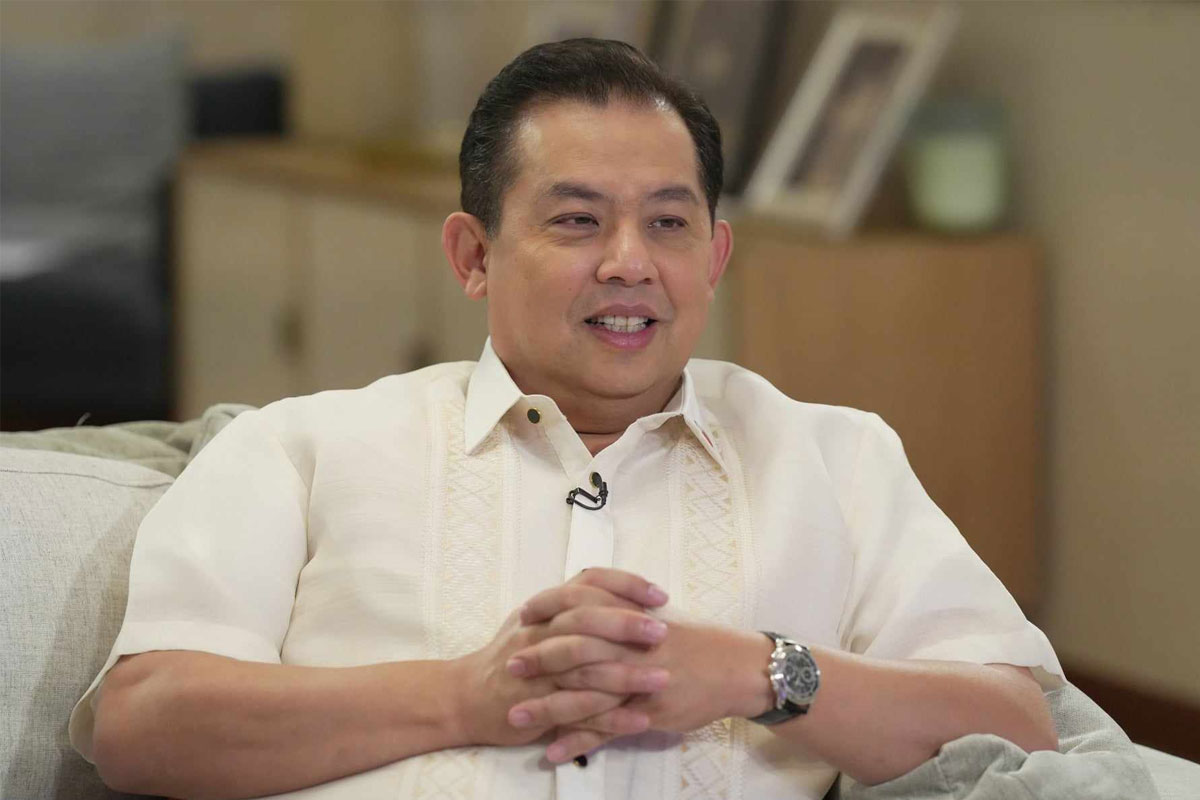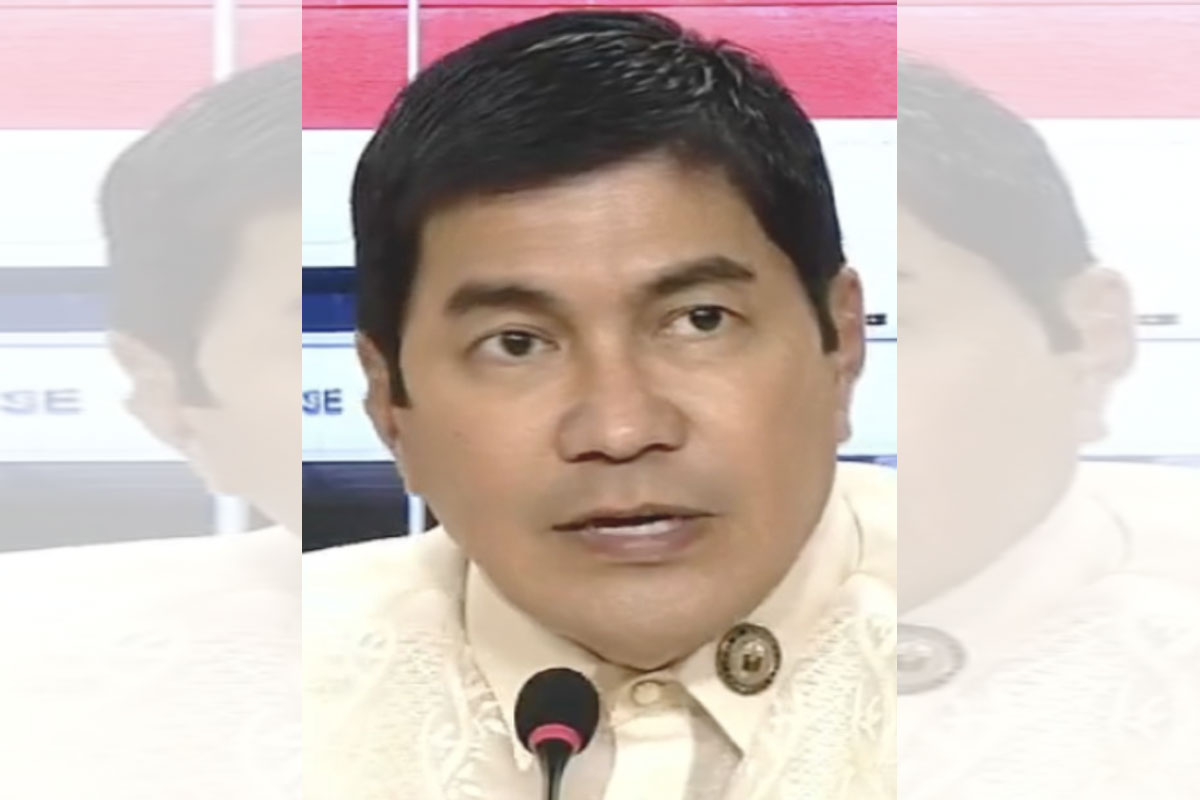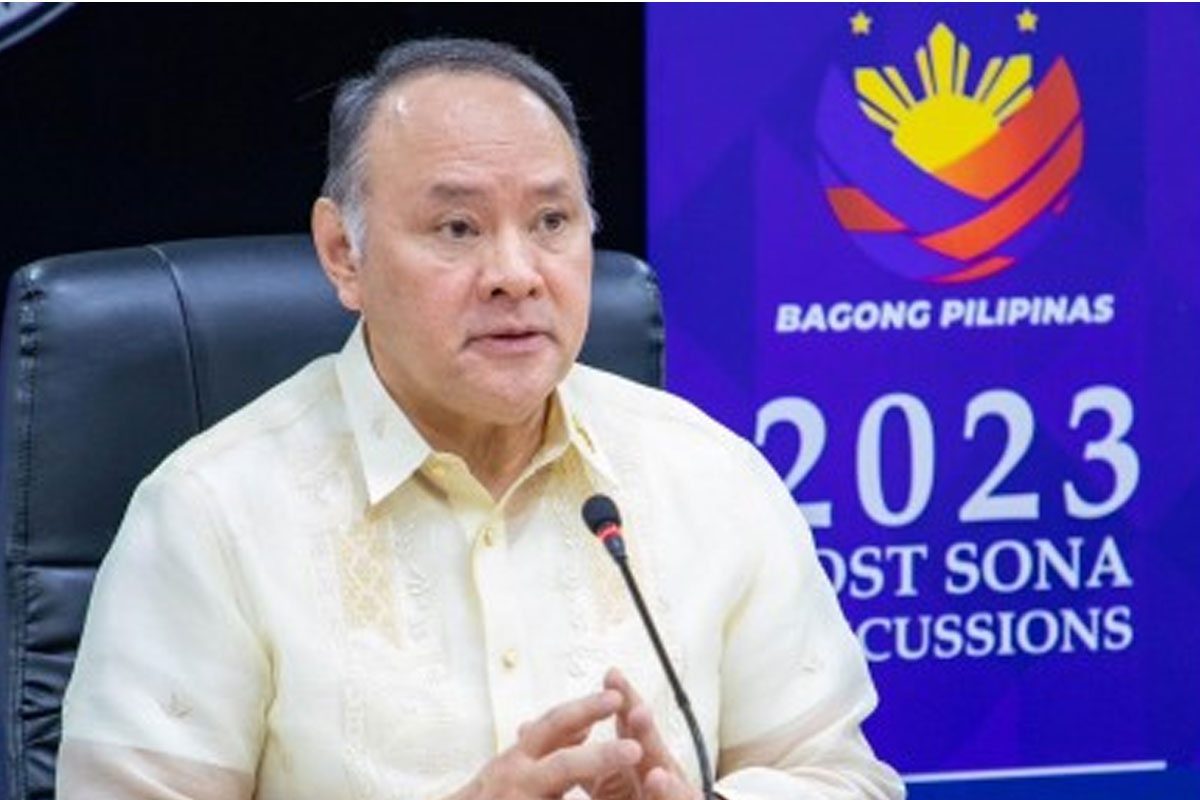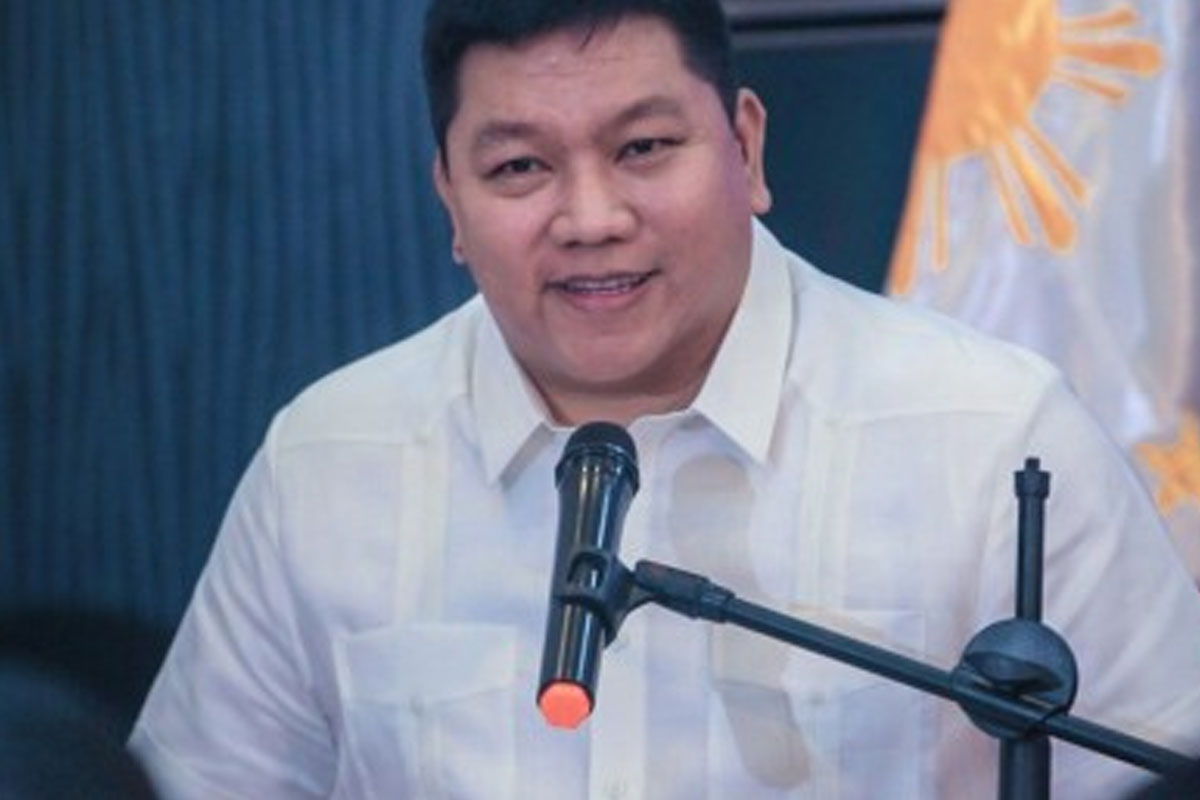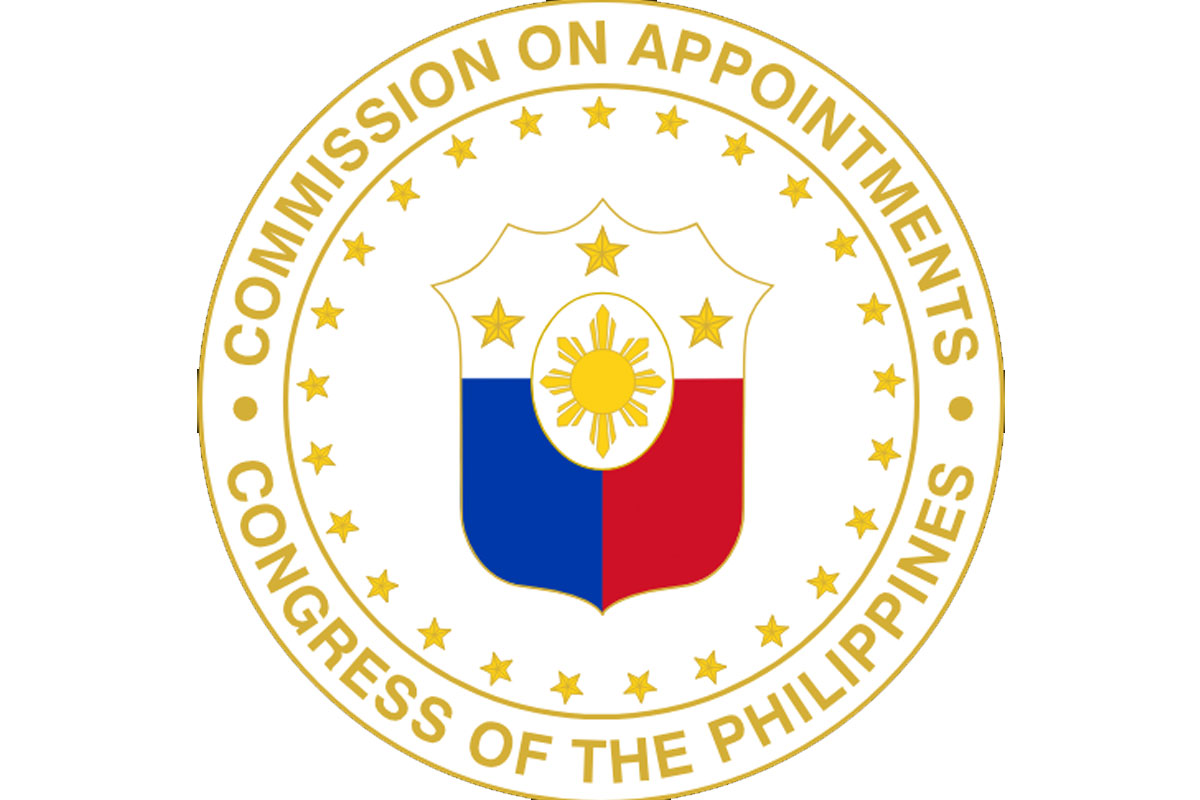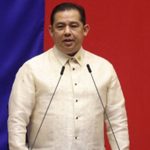
Solons urge readiness for ‘Big One’
Cite urgent audit of PH infra
THE Senate Committee on Public Works on Wednesday conducted a public hearing focusing on the preparedness and structural integrity of the country’s infrastructure in the event of catastrophic natural disasters.
The hearing was a continuation of the last, conducted in February, where the Department of Public Works and Highways (DPWH) failed to provide the appropriate data and concrete answers.
DPWH Secretary Manuel Bonoan also failed to attend the initial deliberations on the matter.
Senator Ramon “Bong” Revilla, Jr., the committee chair of the said Senate panel, reiterated the importance of assuring the public’s safety in the event a massive earthquake hits the Philippines.
“Ang nakataya kasi dito ay buhay ng tao, kaya we have to be careful. There are many questions that have to be answered and so many issues that need to be immediately addressed. Yet we are running out of time. Every second we spend on vague answers; is a second wasted. Kaya kumilos na tayo bago pa mahuli ang lahat,” the lawmaker said in opening the discussion.
Revilla probed the DPWH on the status of the infrastructure audit he ordered to conduct to ensure that structures would not be a “hazardous risk” to the people during destructive calamities.
However, the public works department was not able to provide complete and timely data as they presented audits only for the National Capital Region (NCR) and only covered the years 2016-2018.
This prompted the lawmaker to ask the Philippine Institute of Volcanology and Seismology (Phivolcs) if it is only the country’s capital that will be suffering greatly from an earthquake.
“Can we confirm kung talagang Metro Manila lamang ang very prone sa The Big One? Kailangan kasi natin ng equitable distribution ng ating disaster-resilient infrastructures,” Revilla asked.
Phivolcs responded that the “Philippine Fault Zone,” which extends from the northern part of the country down to Mindanao, may cause ground-shaking not only in NCR but in the entire country.
The chairperson of the Senate Committee on Public Works further asked DPWH to provide a “master list” of structures and establishments sitting above or near the fault line in order to provide necessary precautions to those at great risk.
“Matutulungan natin yung mga affected areas kung bibigyan natin sila ng kaalaman sa susceptibility nila – para mas marami tayong masagip na buhay. Related ito sa capacity-building ng ating local government units (LGUs) lalo yung mga nasa danger zones,” he added.
In closing, Revilla raised the importance of amending the National Building Code and the National Structural Code of the Philippines to ensure the integrity of the country’s infrastructure.
The solon said that the committee will convene a technical working group to develop comprehensive and fine-tuned measures.
Sen. Raffy Tulfo, during the hearing, grilled the DPWH officials as well as the MMDA (Metropolitan Manila Development Authority) and Phivolcs about the actions they have taken to mitigate the effect of the so-called “The Big One” or the worst-case scenario for Metro Manila should the West Valley Fault move and generate a magnitude 7.2 quake.
Tulfo noted that as early as 2004, these agencies were already informed about the scenario.
He added that a joint study with the Japan International Cooperation in 2004 identified the “poorest of the poor areas” among those that will be badly affected by the strong earthquake.
“What have you been doing? Have you been going around inspecting the houses of our kababayan? Are you coordinating with local government units (LGUs)?” Tulfo asked during the hearing.
He said government officials should consult experts like known urban planner Arch. Felino Palafox, Jr., and implement a retrofitting program for the houses and structures in poor communities.
Sen. Christopher Bong Go said these government agencies should be “one step ahead” of disasters and make sure that communities remain safe and disaster resilient.
During the hearing, Go underscored the need to review and update the National Building Code and keep the country’s laws in tune with the times.
“Prevention is better than cure. Let us not wait for a disaster to happen before we act,” Go said as he maintained the need to take this matter seriously.





